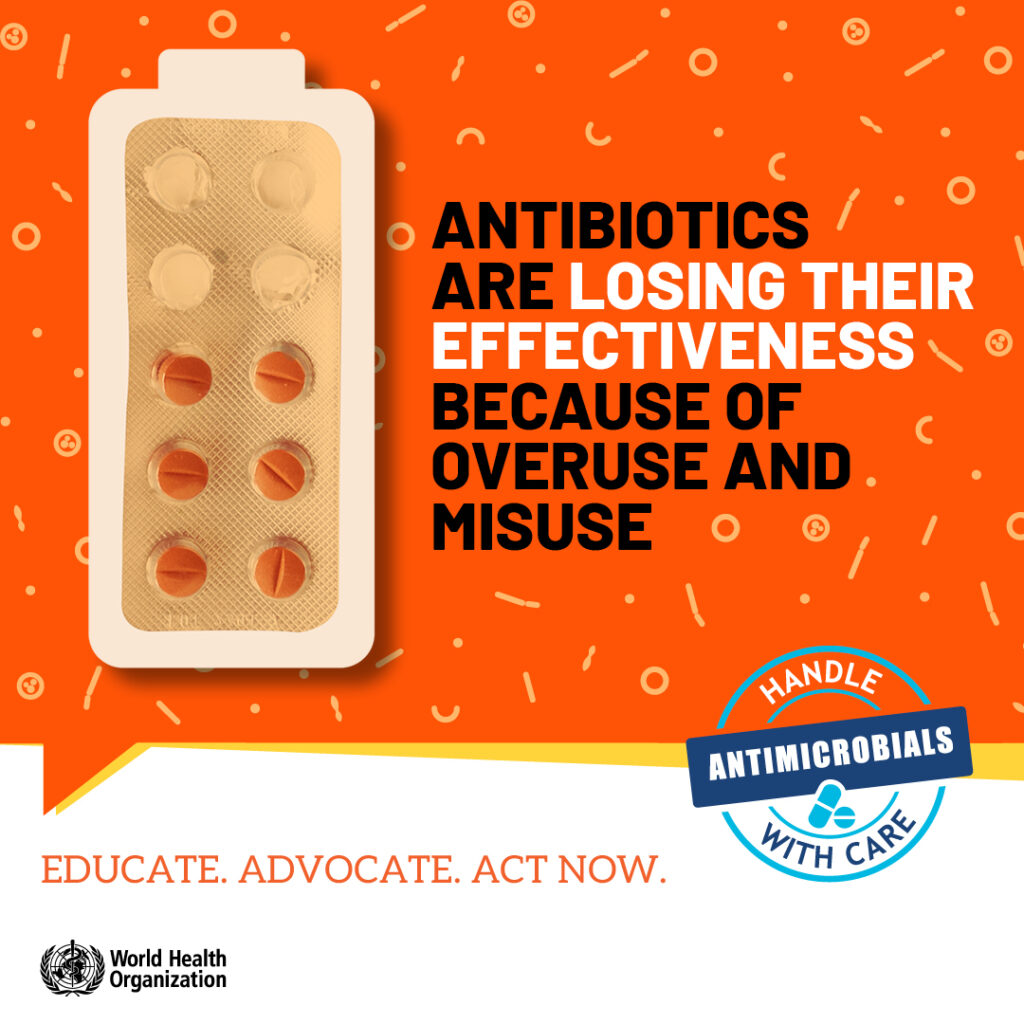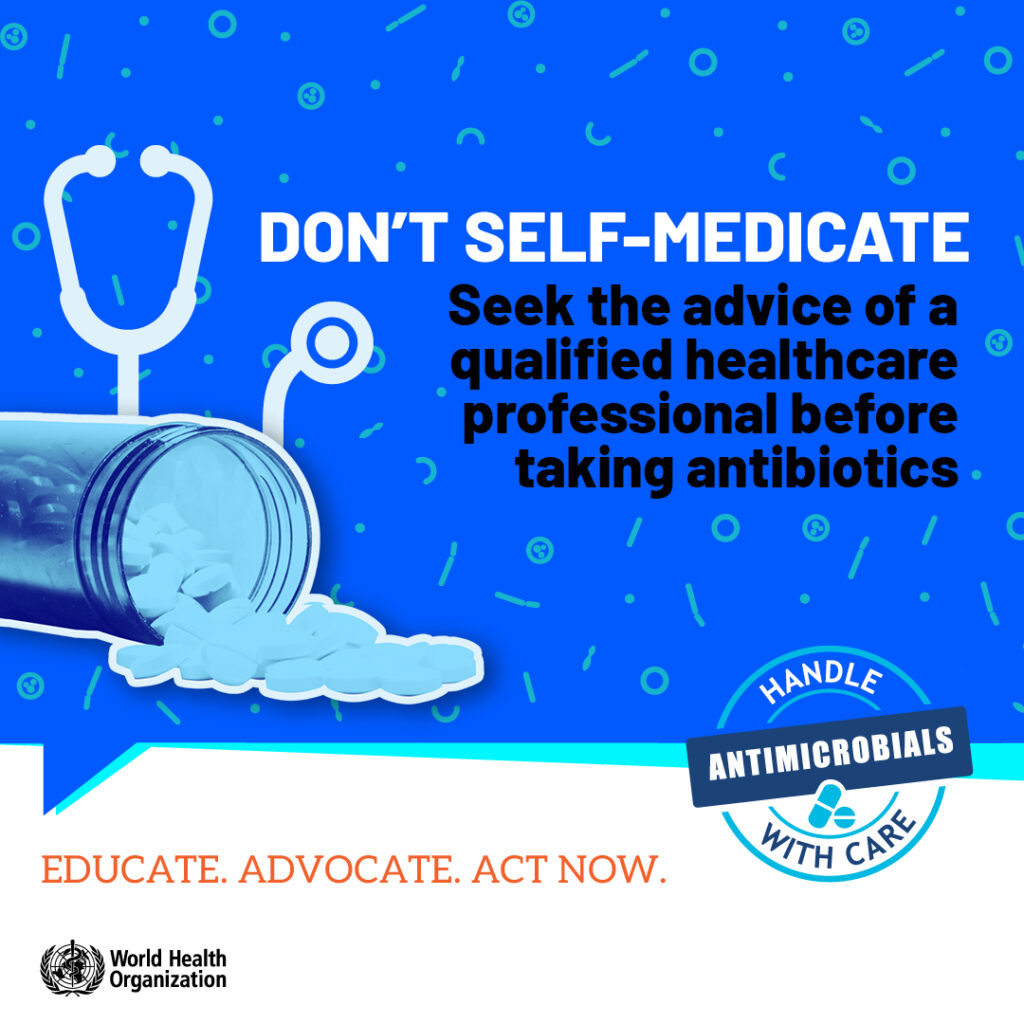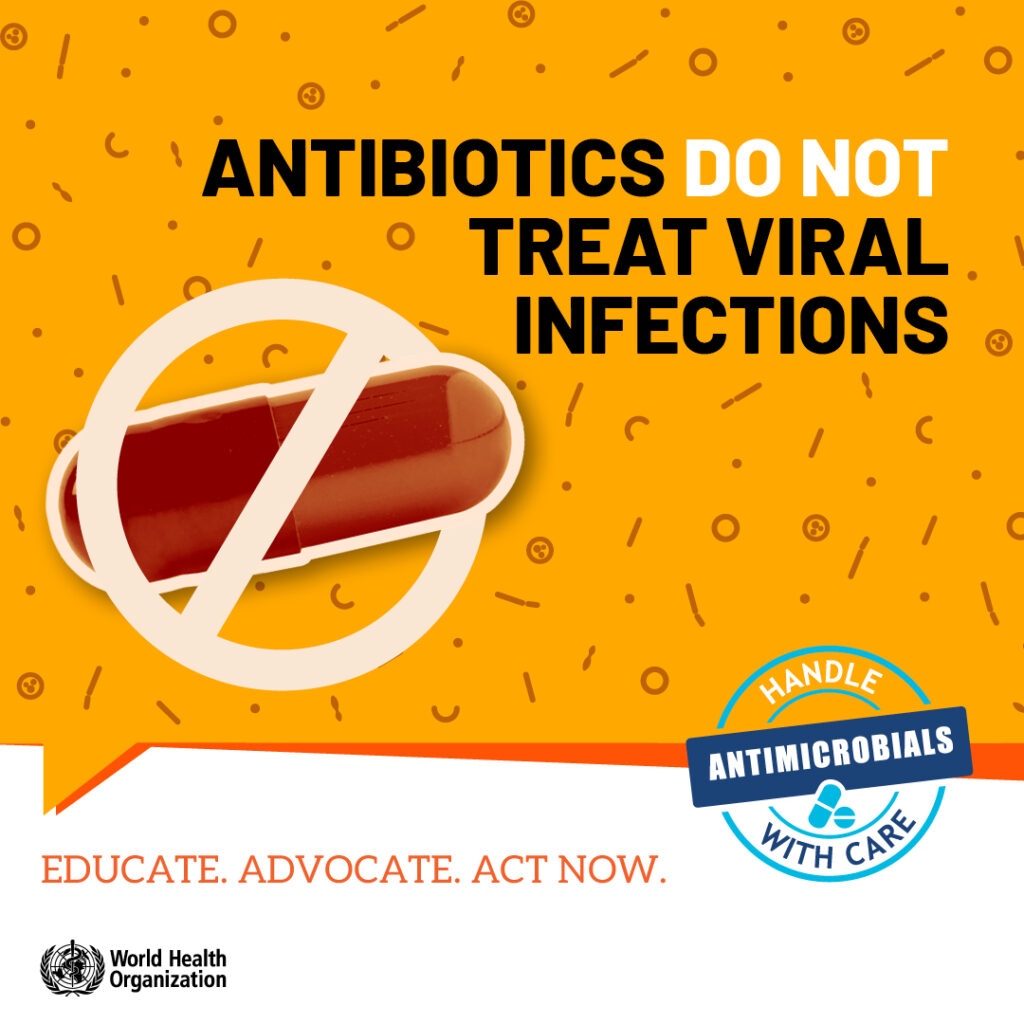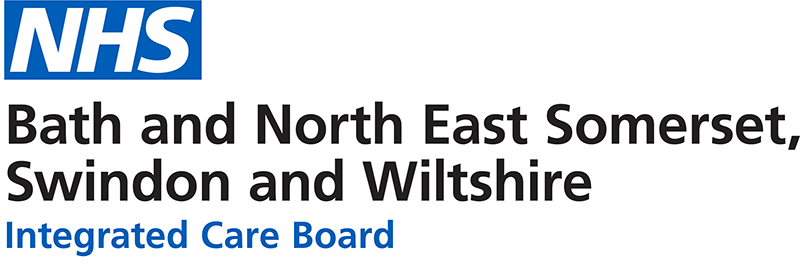World Antimicrobial Resistance Awareness Week Week 2024
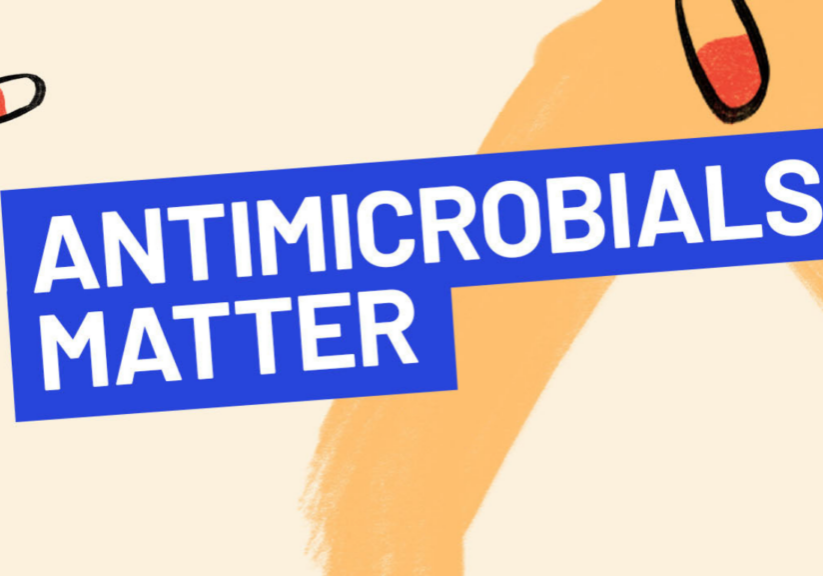
What is antimicrobial resistance (AMR)?
AMR occurs when microorganisms causing disease—such as bacteria, viruses, fungi, and parasites—become resistant to antimicrobial medicines like antibiotics, antivirals, antifungals, and antiparasitics. This reduces the effectiveness of these treatments.
While resistance is a natural phenomenon, it is exacerbated by:
- misuse of antimicrobial drugs
- poor infection prevention
- limited development of new medicines
- insufficient global infection surveillance
Why does this matter?
Antimicrobial medicines are critical for treating illnesses like tuberculosis, malaria, HIV/AIDS, and infections like UTIs, chest infections, and food poisoning. They’re also essential for routine procedures like caesareans, hip replacements, and chemotherapy to prevent infections.
What you can do…
- Only take antibiotics prescribed for you and complete the course unless advised otherwise.
- Never save antibiotics for future use or share them with others.
- Dispose of unused medicines responsibly—never in household waste or down the drain—to avoid harming the environment.
- Prevent infections by staying healthy and hydrated, as well as performing regular hand hygiene.
- Stay at home when feeling unwell to prevent the spread to others and always use cough etiquette.
Antibiotic resistance is a global health threat. Without effective antimicrobials, many medical treatments will become too risky to perform.
Coughs this winter
Coughs and colds are a common, especially during the winter. Most of these infections are caused by viruses and most adults and children recover quickly with a bit of rest and paracetamol.
However, many parents of young children or those caring for vulnerable friends and family can be very worried when they become unwell and would welcome support and guidance on what to do and when to seek help.
A simple tool has been developed that can help navigate parents through these worries. The Caring for children with cough leaflet was produced by researchers at the University of Bristol after extensive work with parents. It explains what parents and carers should do when looking after a child with cough and when parents should take their child to see a doctor. This leaflet is in routine use by local NHS services.
For adults, the NHS England guide on common cold and flu symptoms can support you with self-help top tips and when you may need to see a healthcare professional if symptoms become worse.
Meet Our Team
Our Infection, Prevention and Control team are specialist nurses who offer advice and support to prevent, monitor and control infections.
Connie Timmins
Lead Nurse for Infection, Prevention and Control
NHS Bath and North East Somerset, Swindon and Wiltshire ICB
Connie is a specialist Infection, Prevention and Control nurse and holds an MSc in Infection Control. She has worked in Ireland, the UK and in Abu Dhabi, UAE.
Also an active member of the Infection Prevention Society (IPS), Connie is taking on the Deputy Coordinator role for the society’s Education and Professional Development Committee.
Supporting both regional and national pieces of work for infection prevention and control, Connie is co-author on two online learning modules for healthcare workers and is an active member of the National Manual for Infection Prevention and Control consensus group.

Jenny Bennett-Britton
NHS Bath and North East Somerset, Swindon and Wiltshire ICB
Jenny completed her nursing degree in the North West of England, where upon qualifying, she worked in medicine and critical care nursing for several years before making the move to the South West.
Having developed a passion for Infection, Prevention and Control throughout her career, she moved to an IPC specialist nurse role in Southmead Hospital in 2018.
With a PGDip in Infection Prevention and Control, Jenny is also a member of the Infection Prevention Society. She recently joined the ICB IPC team and is thrilled to be working collaboratively with members of the BSW integrated care system, supporting their IPC needs.

Pledge to be an Antibiotic Guardian
Choose one simple pledge about how you’ll make better use of antibiotics and help save these vital medicines from becoming obsolete.
